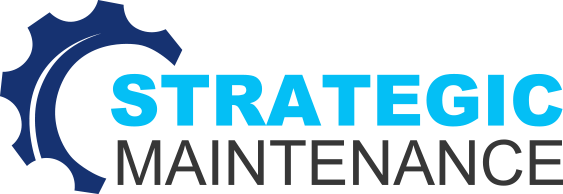RCM2™ – The Method AND the Methodology
- June 15, 2021
- Posted by: jayshellogg
- Categories: General, RCM

Most folks only see RCM2™ for
its seven questions:
The seven questions are important, but they are only half the story.
RCM2™ is comprised of two halves:
- The hard side skills of the seven questions, which make up the method of RCM2™;
- The soft side skills are the foundational principles of RCM2™, which are its methodology.
These foundational principles are:
- About eighty percent of all equipment failures occur randomly with respect to time.
- Indications of pending functional failure (i.e., the failed state) follow a predictable degradation curve known as the P-F interval.
- The human senses are capable of detecting about eighty percent of failed states.
- Those working closest to a problem are the best equipped to solve the problem.
- There is no need to collect the data first to achieve asset reliability.
- There must be an understanding of the meaning of failure consequences (e.g., safety, environmental, operational and nonoperational). Further, there must be an understanding that thirty percent of the failure consequences occur hidden under normal operating conditions.
- Risk is inherent in everything we do.
- Assets can only perform as well as they are designed, installed, operated and maintained. This is their operating context.
- Failure mode identification must be categorized three ways:
- Suddenly,
- Over a period of time,
- Hidden.
When you take the method (the seven questions) and the methodology (the foundational principles), you arrive at a comprehensive approach that enables an organization to tackle the type of business transformation Deming describes. It doesn’t matter the industry you are in or the problems you are having because the principles that will help solve the problems are universal. That is what RCM2™, comprised of the seven questions and the nine foundational principles of reliability offers – a universal approach to solve your asset performance management problems.
Excerpt taken from, The Reliability Leadership Connection, Deming’s Theory of Management and Moubray’s Reliability-Centered Maintenance, 2018-2020 ReliabiltyWeb.com.
Learn More by purchasing Jay’s book “The Reliability Leadership Connection”
Interested in Training? View our upcoming Training Sessions – We offer virtual as well as on-site training.
